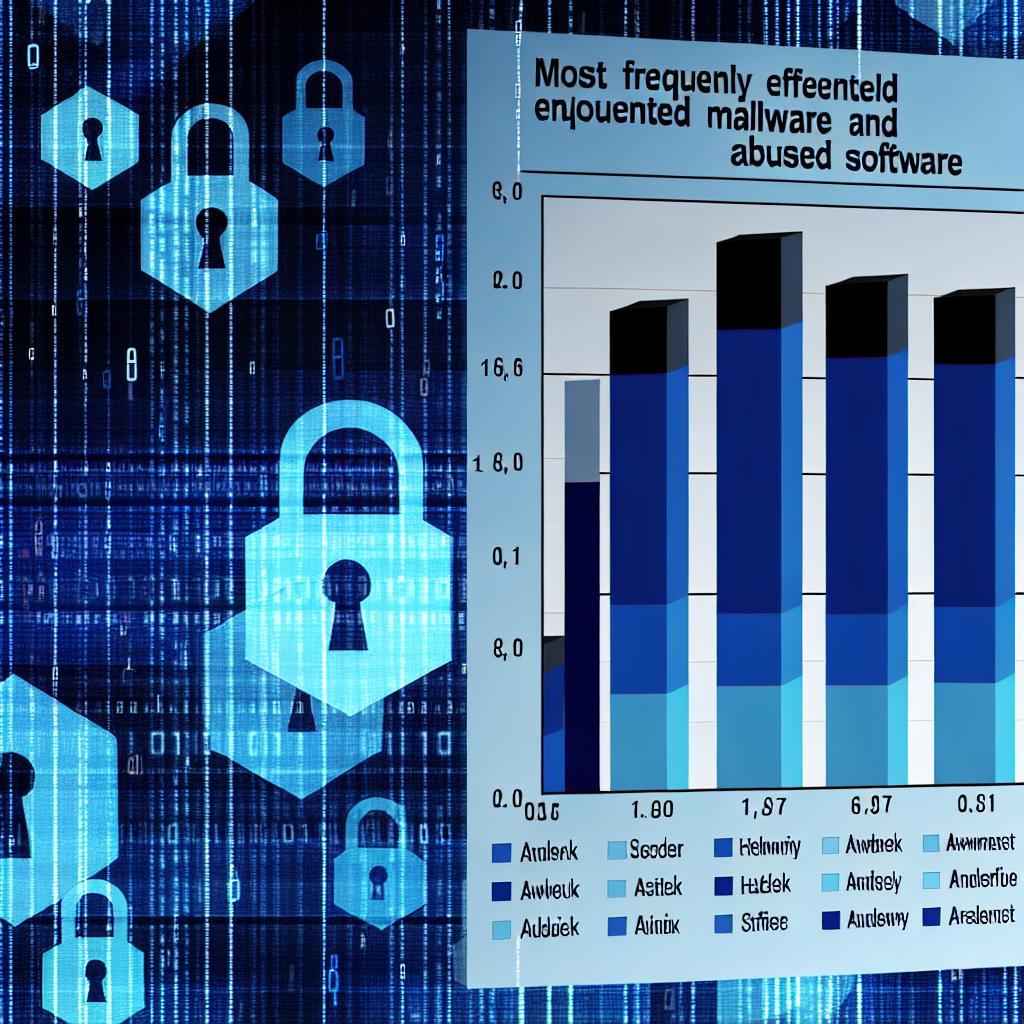– How does quantum computing work and what makes it different from classical computing?
Unlocking the Potential of Quantum Computing: A Revolutionary Breakthrough in Technology
Quantum computing is a cutting-edge technology that is poised to revolutionize the way we process information, solve complex problems, and conduct research. Unlike classical computers which use bits as the basic unit of information, quantum computers operate using quantum bits, or qubits, which can exist in multiple states simultaneously thanks to the principles of quantum mechanics.
What is Quantum Computing?
Quantum computing harnesses the power of quantum mechanics to perform computations at speeds that are exponentially faster than traditional computers. By utilizing quantum properties such as superposition and entanglement, quantum computers can handle complex calculations and algorithms with unparalleled efficiency.
While traditional computers operate using bits that are in a state of either 0 or 1, quantum computers can leverage the unique properties of qubits to represent multiple states simultaneously. This allows quantum computers to explore a vast number of possibilities simultaneously, making them ideally suited for tackling complex problems in fields such as cryptography, climate modeling, drug discovery, and more.
The Benefits of Quantum Computing
- Speed: Quantum computers can perform calculations at speeds that are orders of magnitude faster than classical computers, enabling breakthroughs in scientific research and data analysis.
- Complex Problem Solving: Quantum computers have the potential to solve complex problems that are currently beyond the capabilities of classical computers, such as optimizing supply chains, simulating chemical reactions, and developing new materials.
- Security: Quantum cryptography promises to revolutionize data security by leveraging the principles of quantum mechanics to create unbreakable encryption protocols.
Practical Applications of Quantum Computing
Quantum computing is already making waves in various industries, with companies and research institutions racing to develop quantum algorithms and applications. Some of the exciting practical applications of quantum computing include:
| Data Science | Optimizing machine learning algorithms and big data analytics |
| Healthcare | Accelerating drug discovery and personalized medicine |
| Finance | Enhancing risk management and portfolio optimization |
Challenges and Future Outlook
Despite the promising potential of quantum computing, there are still significant challenges that need to be overcome before it becomes mainstream. Some of the key challenges facing quantum computing include:
- Noise and Error Rates: Quantum systems are highly delicate and prone to errors, which can compromise the accuracy of calculations.
- Scalability: Building large-scale quantum computers with hundreds or thousands of qubits is a complex engineering feat that requires cutting-edge technology.
- Cost: Quantum computing is currently an expensive endeavor, with high costs associated with research, development, and infrastructure.
Despite these challenges, the future of quantum computing looks incredibly promising. With ongoing advancements in technology and research, we are inching closer towards unlocking the full potential of quantum computing and ushering in a new era of innovation and discovery.
Conclusion
Quantum computing represents a paradigm shift in the world of technology, offering unprecedented computational power and capabilities that have the potential to reshape industries and drive innovation. As researchers and engineers continue to push the boundaries of quantum computing, we are on the cusp of unlocking a new era of discovery and transformation. The possibilities are limitless, and the future looks brighter than ever with the promise of quantum computing.







